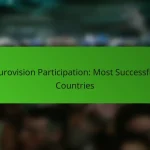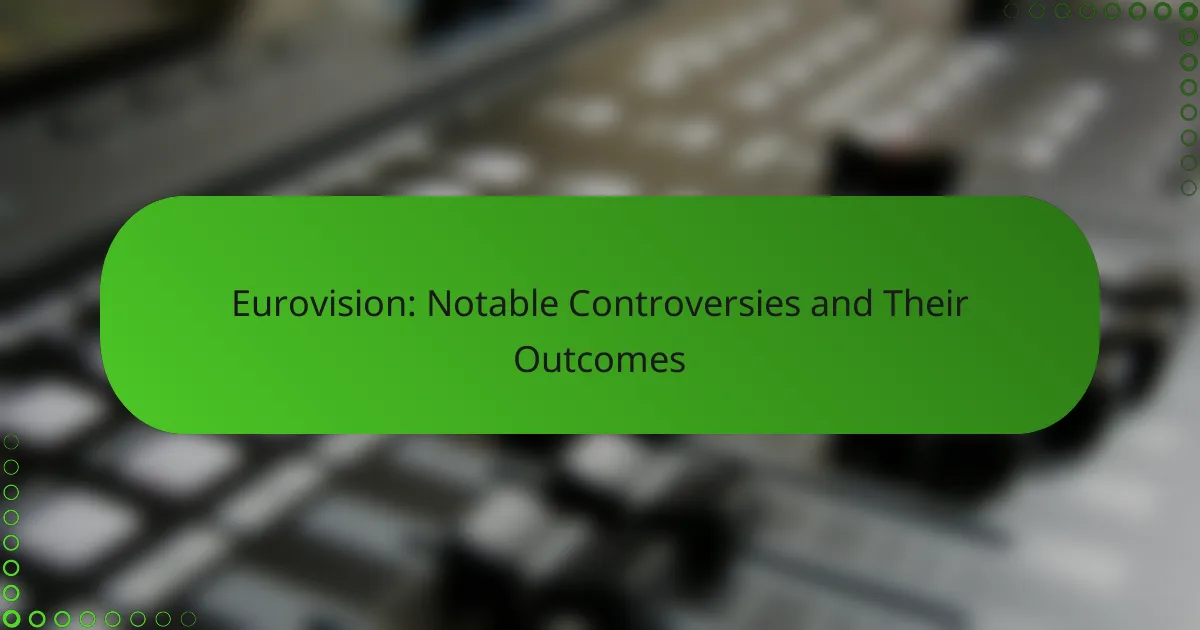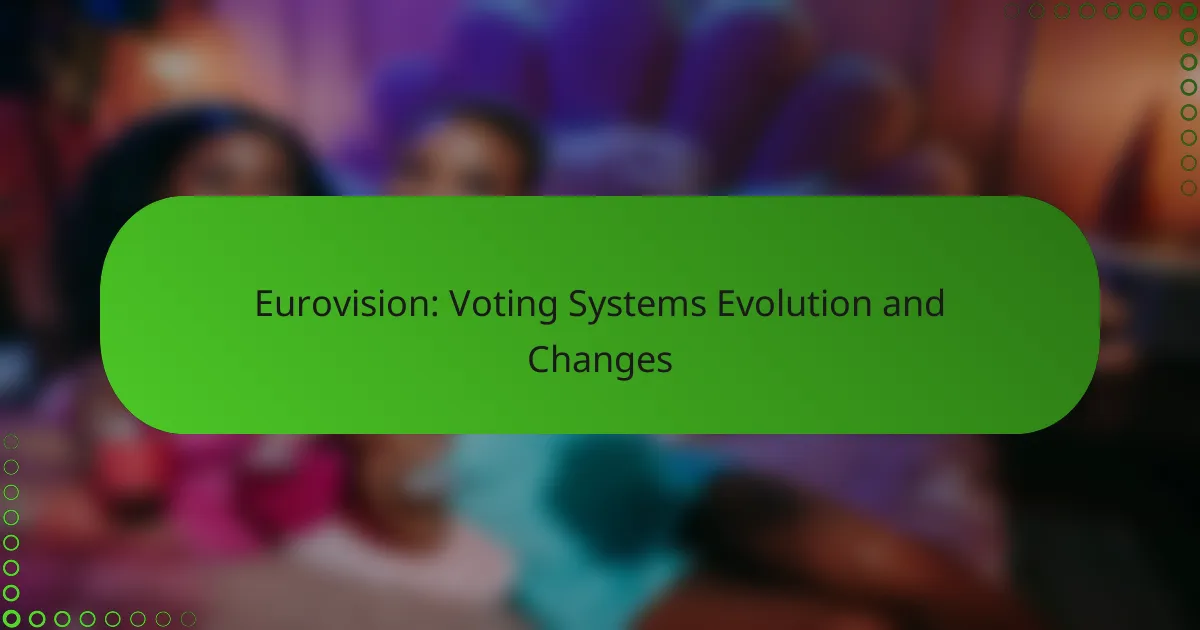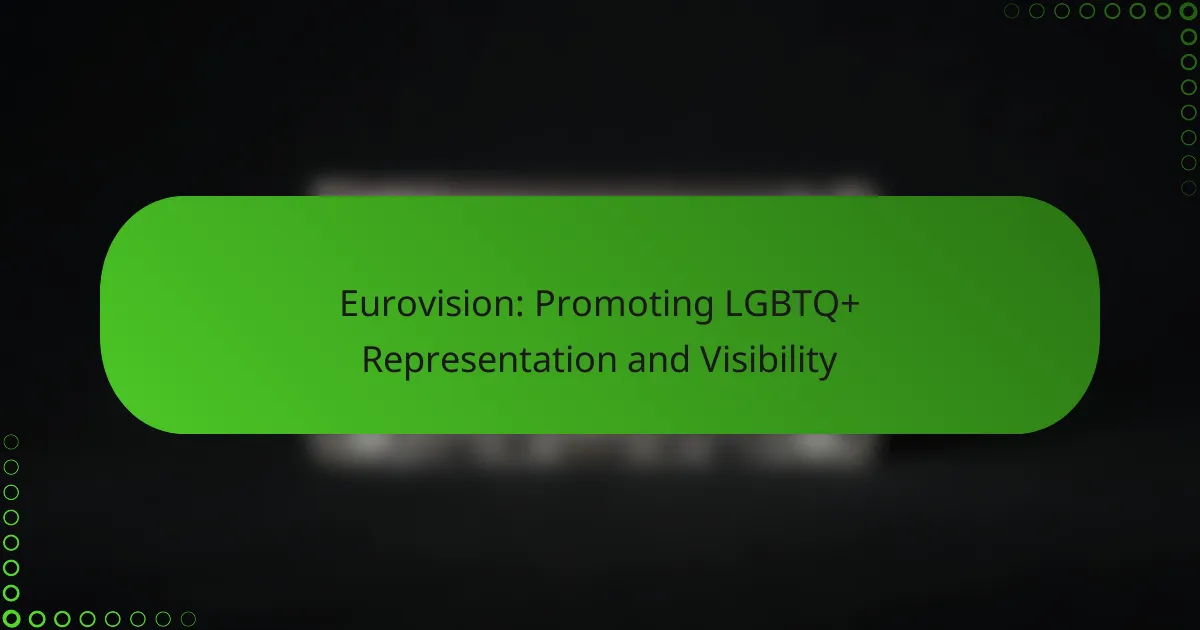Eurovision has a rich history marked by notable controversies, particularly regarding voting practices and political influences that can skew results. Issues such as voting irregularities and the disqualification of entries have sparked debates about the competition’s fairness and transparency. These controversies not only impact public perception but also lead to significant changes in voting policies and practices within the organization.
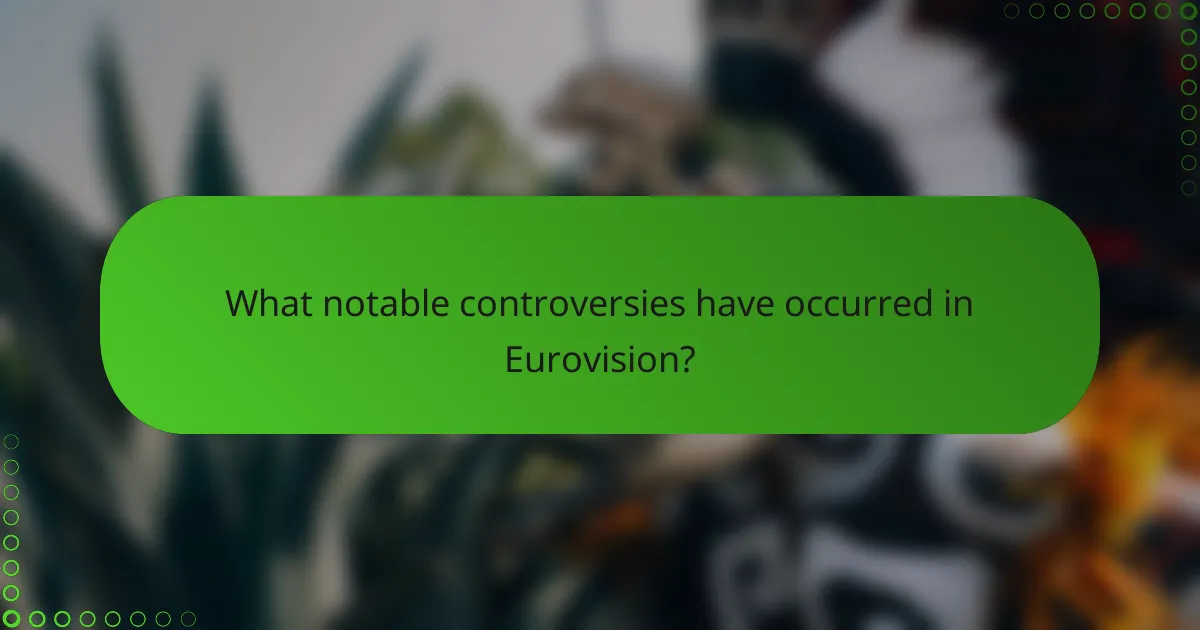
What notable controversies have occurred in Eurovision?
Eurovision has seen several notable controversies over the years, often revolving around voting practices, political influences, and the disqualification of entries. These issues have sparked debates about fairness and transparency in the competition.
Voting irregularities in 2021
The 2021 Eurovision Song Contest faced scrutiny due to allegations of voting irregularities, particularly concerning the jury votes from certain countries. Some nations reported discrepancies between public votes and jury results, leading to calls for a review of the voting process.
In response, the European Broadcasting Union (EBU) implemented measures to enhance transparency, including the publication of detailed voting breakdowns. This aimed to restore trust in the voting system and ensure that all votes are accurately counted and reported.
Political voting patterns
Political voting has long been a contentious issue in Eurovision, with many observers claiming that neighboring countries often vote for each other rather than based on performance quality. This trend can skew results and create perceptions of bias, undermining the competition’s integrity.
To address this, the EBU has encouraged countries to focus on artistic merit rather than political alliances. However, the influence of regional politics remains a significant factor, as evidenced by voting patterns that often reflect historical relationships.
Disqualification of entries
Disqualifications in Eurovision can occur for various reasons, including breaches of contest rules or eligibility criteria. For instance, in 2019, a song was disqualified due to a performer’s previous participation in another competition, which violated Eurovision’s regulations.
These disqualifications can lead to public outcry and disappointment among fans, as well as impact the overall competition. The EBU maintains strict guidelines to ensure fairness, but the enforcement of these rules can sometimes lead to controversial decisions.
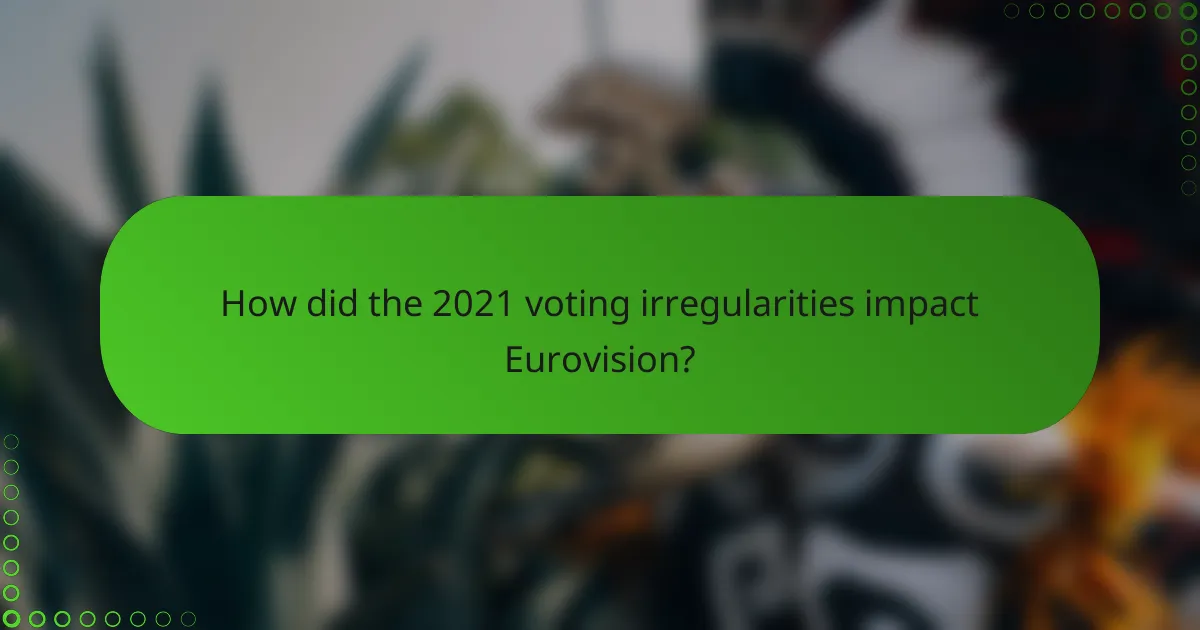
How did the 2021 voting irregularities impact Eurovision?
The 2021 voting irregularities led to heightened awareness and criticism of the Eurovision voting system, prompting significant changes in how votes are cast and counted. These issues raised concerns about fairness and transparency, influencing both public perception and organizational policies.
Increased scrutiny on voting process
The irregularities in the 2021 voting process resulted in a thorough examination of how votes are collected and verified. Auditors and regulatory bodies began to focus more on the integrity of the voting system, ensuring that each country’s votes accurately reflect the public’s preferences.
This increased scrutiny has led to more rigorous checks and balances, including the potential for independent audits of the voting process. Countries participating in Eurovision are now more aware that their voting practices will be closely monitored.
Changes to voting transparency
In response to the controversies, Eurovision implemented several changes aimed at enhancing voting transparency. These include clearer guidelines on how votes are submitted and the introduction of real-time updates during the voting process, allowing viewers to see how votes are being allocated.
Moreover, the European Broadcasting Union (EBU) has committed to publishing detailed reports on voting outcomes, including breakdowns of jury and public votes. This shift aims to rebuild trust among fans and participants, ensuring that the voting process is perceived as fair and accountable.
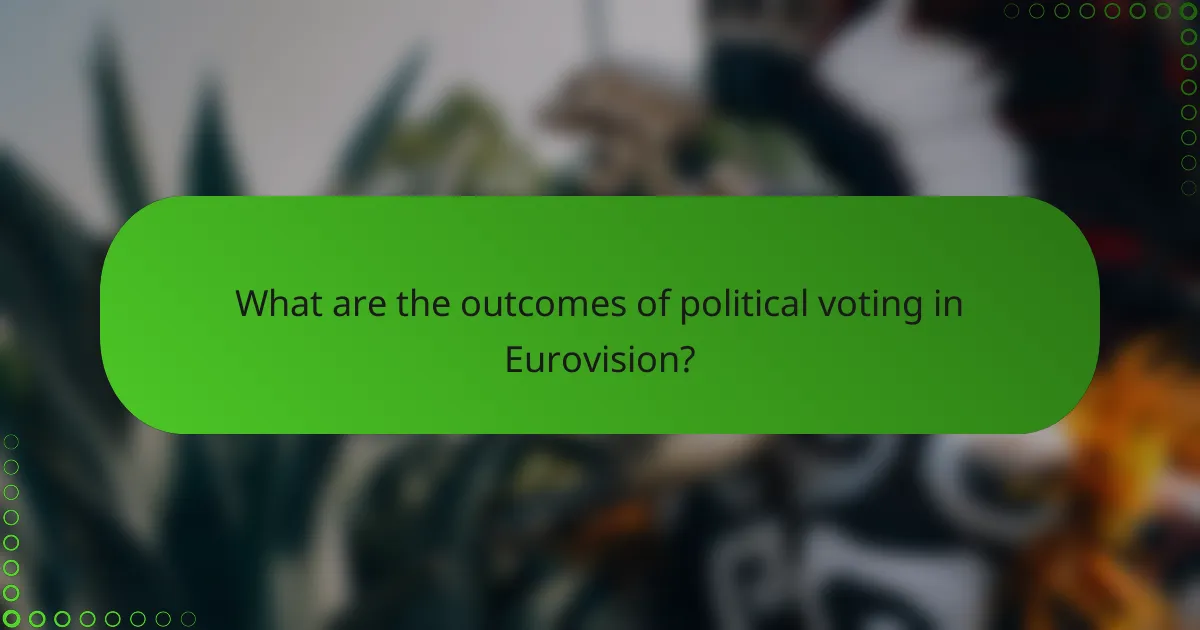
What are the outcomes of political voting in Eurovision?
Political voting in Eurovision often leads to outcomes that skew the results, as countries tend to favor their neighbors or political allies. This can result in a lack of fair competition, where the best songs may not always receive the highest scores due to geopolitical relationships.
Influence on song selection
The influence of political voting can shape song selection, as countries may choose entries that resonate with their regional allies or reflect shared cultural themes. For example, nations in the Balkans often select songs that appeal to neighboring countries, increasing their chances of receiving votes.
Artists and songwriters may also tailor their performances to align with the preferences of specific voting blocs, potentially sacrificing artistic integrity for political gain. This trend can dilute the diversity of music presented at the contest.
Impact on national representation
Political voting can significantly impact national representation, as countries with strong political ties often receive higher scores from each other. This can lead to a situation where the final rankings do not accurately reflect the quality of the performances.
Moreover, countries that are politically isolated may struggle to gain points, regardless of the merit of their entries. This creates a competitive imbalance, where some nations consistently perform well while others are left behind, affecting the overall spirit of the competition.
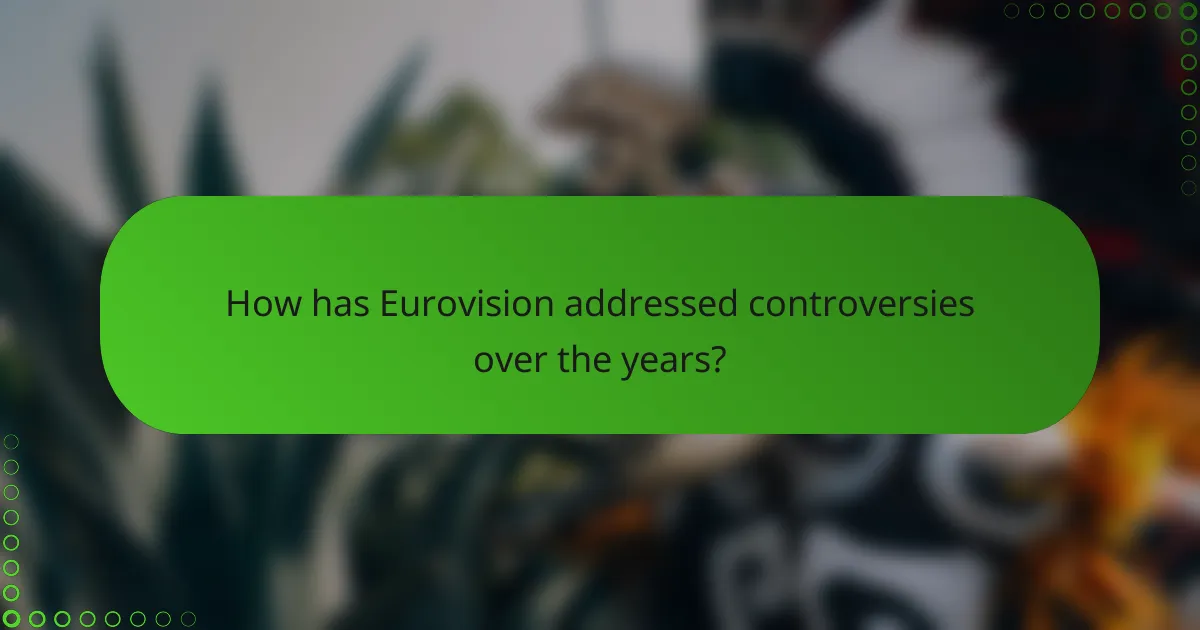
How has Eurovision addressed controversies over the years?
Eurovision has tackled controversies through various mechanisms, including changes in voting procedures and strategic public relations efforts. These approaches aim to enhance transparency, fairness, and the overall integrity of the competition.
Implementation of new voting rules
One of the primary ways Eurovision has addressed controversies is by implementing new voting rules. Over the years, the voting system has evolved from a jury-only model to a mixed system that includes both public votes and professional juries. This change aims to balance popular opinion with expert judgment, reducing the impact of regional biases.
For instance, in recent contests, the public vote is combined with jury scores to determine the final rankings. This dual approach has helped to mitigate issues like bloc voting, where countries tend to vote for their neighbors, thus promoting a more equitable outcome.
Public relations strategies
Eurovision has also employed public relations strategies to manage controversies effectively. By proactively addressing issues through media engagement and transparent communication, the organization aims to maintain its reputation and public trust. For example, when allegations of unfair practices arise, Eurovision often releases statements clarifying the rules and procedures in place.
Additionally, the contest has embraced social media to engage with fans directly, allowing for real-time feedback and dialogue. This approach not only helps to diffuse tensions but also fosters a sense of community among viewers, making them feel more involved in the event.
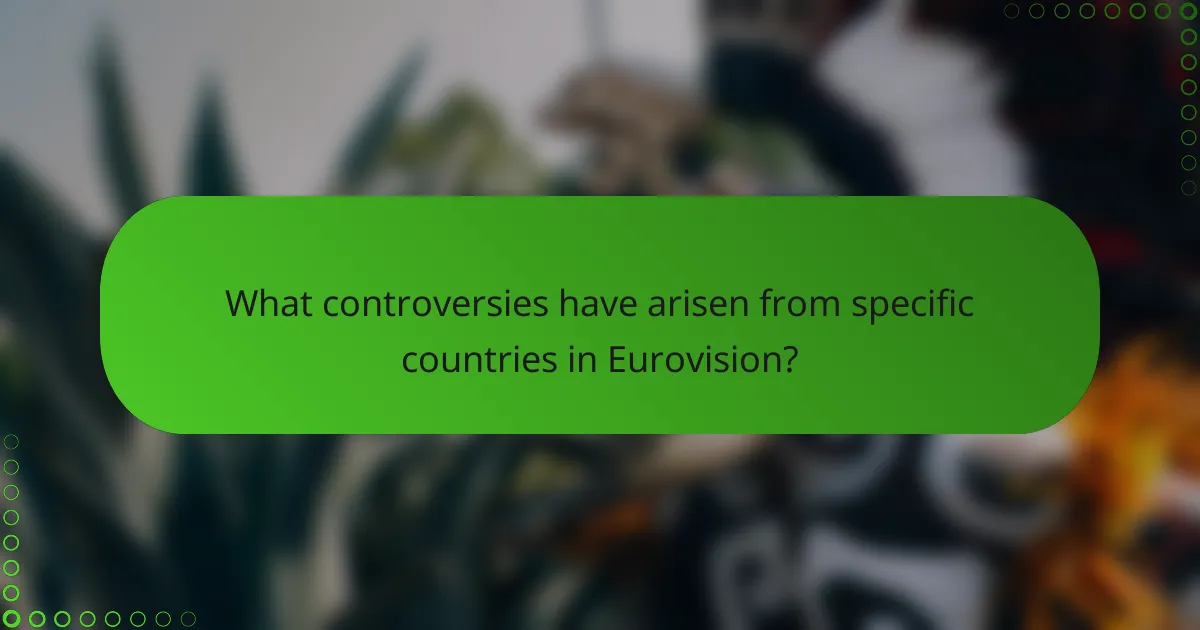
What controversies have arisen from specific countries in Eurovision?
Eurovision has seen various controversies linked to specific countries, often stemming from political tensions, cultural disputes, or social issues. These controversies can impact participation, voting dynamics, and public perception of the event.
Russia’s participation issues
Russia’s involvement in Eurovision has frequently been marred by political conflicts, particularly its relations with Ukraine and other neighboring countries. In recent years, Russia has faced disqualification threats and backlash over its political actions, leading to debates about whether its entries should be allowed to compete.
For instance, in 2017, Russia withdrew from the contest after its representative was barred from entering Ukraine due to a travel ban. Such incidents highlight the intersection of politics and entertainment in the Eurovision context, influencing not only Russia’s participation but also the overall atmosphere of the competition.
Israel’s political controversies
Israel’s participation in Eurovision has sparked significant political debates, primarily due to the ongoing Israeli-Palestinian conflict. Critics often use the platform to voice opposition to Israel’s policies, leading to calls for boycotts and protests during the event.
In 2019, when Israel hosted the contest, there were widespread demonstrations advocating for Palestinian rights, which drew international attention. Such controversies underscore the challenges Eurovision faces in balancing artistic expression with sensitive geopolitical issues, affecting both the performers and the audience’s experience.
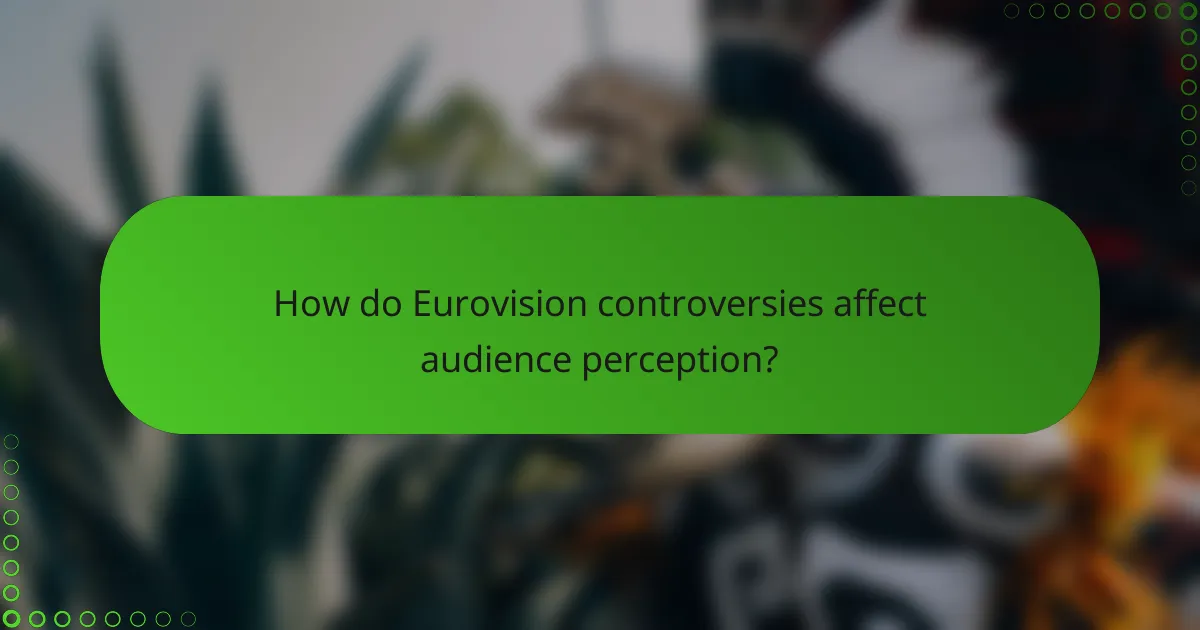
How do Eurovision controversies affect audience perception?
Eurovision controversies can significantly shape audience perception by influencing how viewers engage with the event. These controversies often lead to polarized opinions, which can either enhance interest or deter potential viewers.
Changes in viewership numbers
Controversies can lead to fluctuations in viewership numbers, with some years experiencing spikes due to heightened media attention. For instance, when a contentious voting outcome occurs, it may attract additional viewers curious about the fallout. Conversely, ongoing disputes or perceived unfairness can result in a decline in audience engagement.
In general, viewership can vary by tens of percent from year to year, depending on the nature and visibility of the controversies involved. Events that resonate with current social issues tend to draw larger audiences, while those that seem trivial may not have the same effect.
Social media reactions
Social media plays a crucial role in shaping public discourse around Eurovision controversies. Platforms like Twitter and Instagram become hotbeds for real-time reactions, where fans and critics alike express their opinions, often leading to trending topics and viral discussions.
The tone of these reactions can vary widely, from supportive to highly critical, impacting how Eurovision is perceived by both fans and newcomers. Engaging with these platforms can provide insights into audience sentiment and highlight key issues that resonate with viewers, influencing future participation and viewership trends.
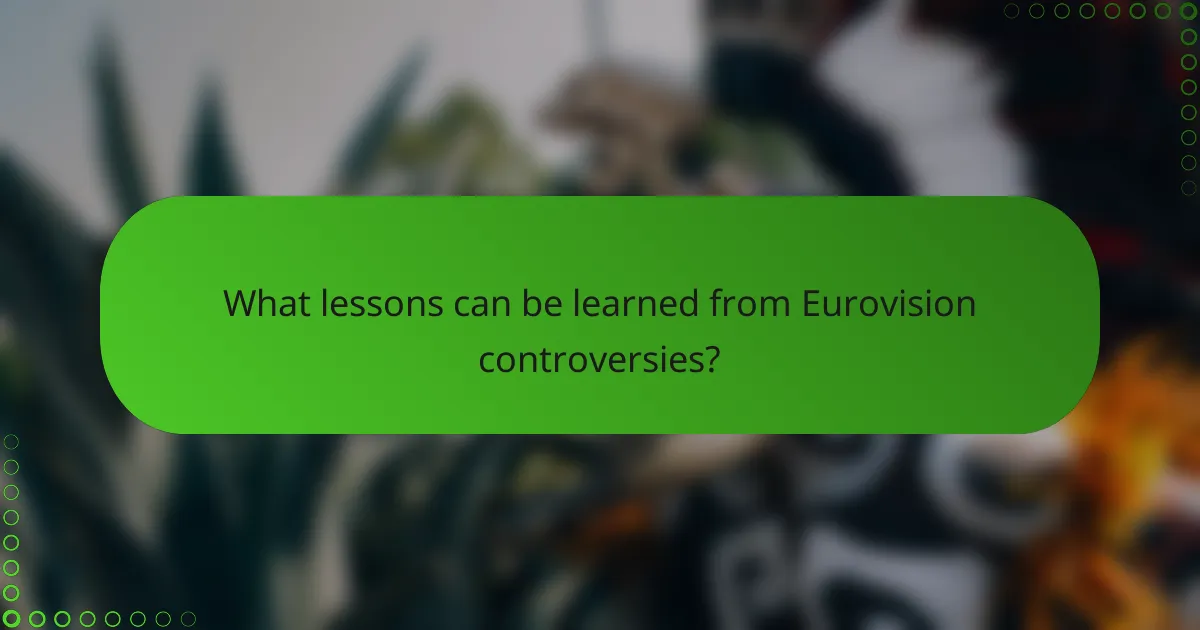
What lessons can be learned from Eurovision controversies?
Eurovision controversies highlight the need for transparency, fairness, and cultural sensitivity in international competitions. By examining past incidents, stakeholders can implement better practices to enhance the integrity of the event.
Importance of transparency
Transparency is crucial in maintaining trust among participants and audiences in Eurovision. Clear communication regarding voting procedures, selection criteria, and results can mitigate misunderstandings and allegations of bias.
For example, providing detailed breakdowns of jury and public votes can help clarify how decisions were made. This approach not only reassures fans but also encourages a more engaged and informed audience.
To enhance transparency, organizers should consider publishing comprehensive reports after each contest, outlining the voting process and any issues encountered. This practice can foster accountability and improve the overall perception of the event.
